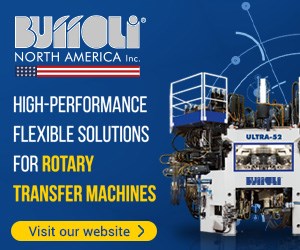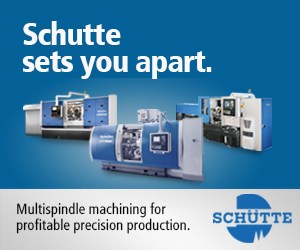HSAs: Health Savings Accounts
Health savings accounts (HSAs) are the most recent innovation in healthcare reimbursement. They have generated strong interest among professionals and corporate executives who see the tremendous tax advantage.
Health savings accounts (HSAs) are the most recent innovation in healthcare reimbursement. They have generated strong interest among professionals and corporate executives who see the tremendous tax advantage. There is also interest among employers who are either straining under the cost of traditional healthcare programs or who desire to give another healthcare option to their employees.
Fundamentally, HSAs are healthcare reimbursement accounts similar to the health flexible spending accounts (FSAs) sponsored by most employers. HSAs are far more flexible and advantageous than FSAs, but do not come without a little pain. HSAs are superior in that:
FSAs are employer-sponsored plans, whereas HSAs are generally individual savings accounts.
FSAs are bookkeeping accounts, but HSAs invest the user's money.
Employees forfeit unused FSA balances at the end of the year or upon termination of employment mid-year. Unused HSA balances roll over to the next year, and the employee retains complete control over an HSA after termination of employment.
FSAs reimburse only medical expenses. HSAs reimburse medical expenses and some insurance premiums tax-free. But they can also reimburse non-medical expenses such as a new car, although the withdrawal is taxable.
Of course, there's never a "free lunch" under the tax code. To deposit
money into an HSA, an employee must be enrolled in a qualified high-deductible plan. Unlike an FSA, this plan (if offered by the employer) is an employer-sponsored group plan. These plans must meet specific high-deductible (at least $1,000 for single coverage, $2,000 for family) and out-of-pocket maximum requirements.
In addition, the employee must not be covered under a medical plan that is not a high-deductible plan (dental and vision coverage are OK). This might make employees also covered by a spouse's health plan ineligible (unless it's a high-deductible plan). However, an employee may make a claim against the HSA even if he or she is no longer eligible to contribute to the account.
Generally, an employee may make annual HSA contributions up to the amount of his or her deductible, which is subject to a statutory cap of $2,600 for single coverage and $5,150 for family coverage. These amounts are indexed for inflation.
Unlike claims under an FSA (where the claimant submits receipts and the claim payer verifies the bona fide nature of the expense), HSAs require no such verification. Neither the employer, nor the bank or insurance company holding the HSA is required to verify the employee's claim for reimbursement. As an IRS official put it, the taxability of HSA withdrawals is an issue between "the taxpayer, the IRS and God." Early interest in HSAs is coming from corporate executives who see them as a way to save more than $5,000 each year in an outrageously tax-favored device. Interest is also strong among employers who are installing high-deductible plans either to save cost or to provide another option to employees. HSAs help mitigate the sting of higher deductibles on major medical coverage by offering more flexibility in the reimbursement account an employee may draw upon to fund the deductible.
HSAs and healthcare strategies will be part of Ed Fensholt's presentation, "Clear Skies and Fair Winds: Most Recent IRS Guidance on Health Savings Accounts," at the 2005 PMPA Management Update Conference, February 23-25 at the Crowne Plaza Riverwalk, San Antonio, Texas. To register, visit the PMPA Web site, or contact the association for more details at (440) 526-0300.
Read Next
Seeing Automated Workpiece Measurement in Real Time
User-friendly inspection software for CNC machining centers was shown at IMTS 2024 monitoring measurements between and after machining while performing SPC based on recorded measurement values.
Read MoreA Tooling Workshop Worth a Visit
Marubeni Citizen-Cincom’s tooling and accessory workshop offers a chance to learn more about ancillary devices that can boost machining efficiency and capability.
Read MoreDo You Have Single Points of Failure?
Plans need to be in place before a catastrophic event occurs.
Read More

















